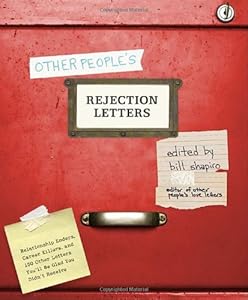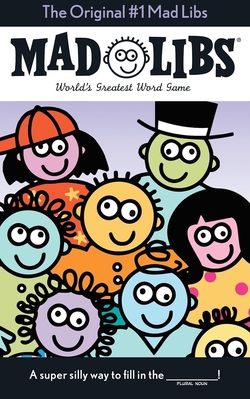Like you, I was also wondering what type of feedback I should be hoping for after sending out queries. Should I log on to my email every five minutes or cling to my phone as though it were my lifeline? Where and how would these agencies contact me after reading my query letter?
The answer to these questions is pretty simple.If you've done your job right an agent's first response to your query letter will be a request for sample chapters. This type of request is called "a partial" and, although it is good news, don't get overly excited. A request for a partial manuscript, which can come via phone or email, is not an offer of representation.
 Should you get a request for sample chapters, you need to make sure you have the accurate amount, properly formatted. Most likely, the agent will request the first three chapters or the first fifty pages. If the request is for a specific number of pages, it is perfectly fine to go over a FEW pages in order to make the partial end at the end of a chapter. Most agents would rather you go over a few pages than leave them hanging with an incomplete chapter.
Should you get a request for sample chapters, you need to make sure you have the accurate amount, properly formatted. Most likely, the agent will request the first three chapters or the first fifty pages. If the request is for a specific number of pages, it is perfectly fine to go over a FEW pages in order to make the partial end at the end of a chapter. Most agents would rather you go over a few pages than leave them hanging with an incomplete chapter.You should also include a title page with your name, address, phone number, and email address in the upper lef-hand corner. Centered, about one third of the way down the page you should include the title of your manuscript in all caps and two spaces below that, include "BY" in all caps and YOUR NAME in all caps two spaces below that. Check out the sample to the left if you have any questions.
Now that your partial is formatted, go ahead and send it off. This can be either via email or snail mail, but either way, you need to include a cover letter that tells the agent that you have enclosed a requested partial manuscript. Include REQUESTED MATERIALS in the subject or write it on the envelope.
Now just sit back and wait it out! Good Luck!















 ShareThis
ShareThis